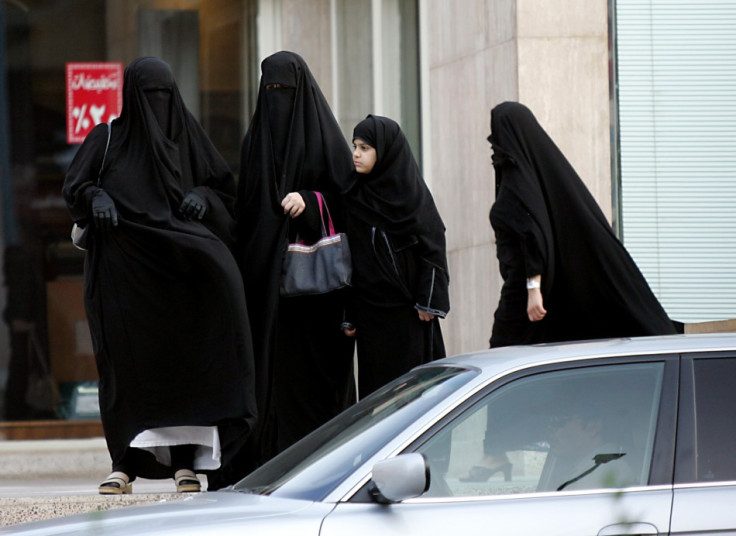Does the Saudi Kingdom See Women’s Rights as Unnecessary?

Just two days after Saudi King Abdullah's announced that Saudi women would be allowed to participate in elections, two Saudi women were punished for breaking the ban on female driving with one being sentenced to 10 lashes by a court in Jeddah while another was detained in Riyadh, leading rights activists to question the King's apparent new reformist tendencies.
The kingdom of Saudi is marked by disparities between men and women, who despite just being allowed to vote and run in the 2015 municipal elections are still prohibited from driving, arguing in court before a judge, travelling or even having access to education or a job without a Mahram or close male relative.
"Saudi Arabia made the giant leap this week from an F- to an F+ in human rights," David Keyes, executive director of Advancing Human Rights, said. "It's unconscionable that in the 21st century a woman cannot drive herself to work, a restaurant, or just for the fun of it."
Despite mounting popular discontent Saudi Arabia, known to be the holder of the world's biggest oil reserves, and a close ally of the U.S. has mostly avoided the wave of anti-government protests that swept through the Arab world, by managing to keep a tight grip on power and announcing sets of reforms in different areas.
Women's rights however seem to have been left off the top priority list and despite Saudi women being inspired by the uprising in Egypt and Tunisia, the monarchy has proven reluctant to bring about any real change.
Despite announcing new regulations allowing women to vote for municipal laws, in view of its neighbours, Saudi still remains far behind when it comes to women's rights. Even in Bahrain, which is also ruled by a monarchy and has recently been accused of leading a brutal crackdown on protesters, women have served in parliament and as ministers.
Other countries in the region have also used a quota system to guarantee women a place in parliament where they can mix with men and debate freely, while in comparison, Saudi women can only be in parliament as advisors.
The Saudi leadership and its supporters insist the regime is working hard on reform, but too little has been done when it comes to women's rights and parity.
The mere fact that courts have been known to punish female rape victims is in itself quite hard to understand and illustrate the maintenance of a male-dominated society where women are once again being held responsible of inciting men sexual violence by just being born female.
Also, although Saudi women are allowed to have their own identity cards, their right is not absolute since their legal guardian or Mahram has the right prevent them from obtaining one and can also prevent them from travelling outside of the country.
In view of all the restrictions imposed on women, it is clear the Saudi Kingdom still has a long road ahead when it comes to building a society which provides women with more rights and more parity, so the new condemnations for violating the driving ban are once again a proof that despite calls for reform, too little is being done to change things on a more than superficial level.
© Copyright IBTimes 2024. All rights reserved.





